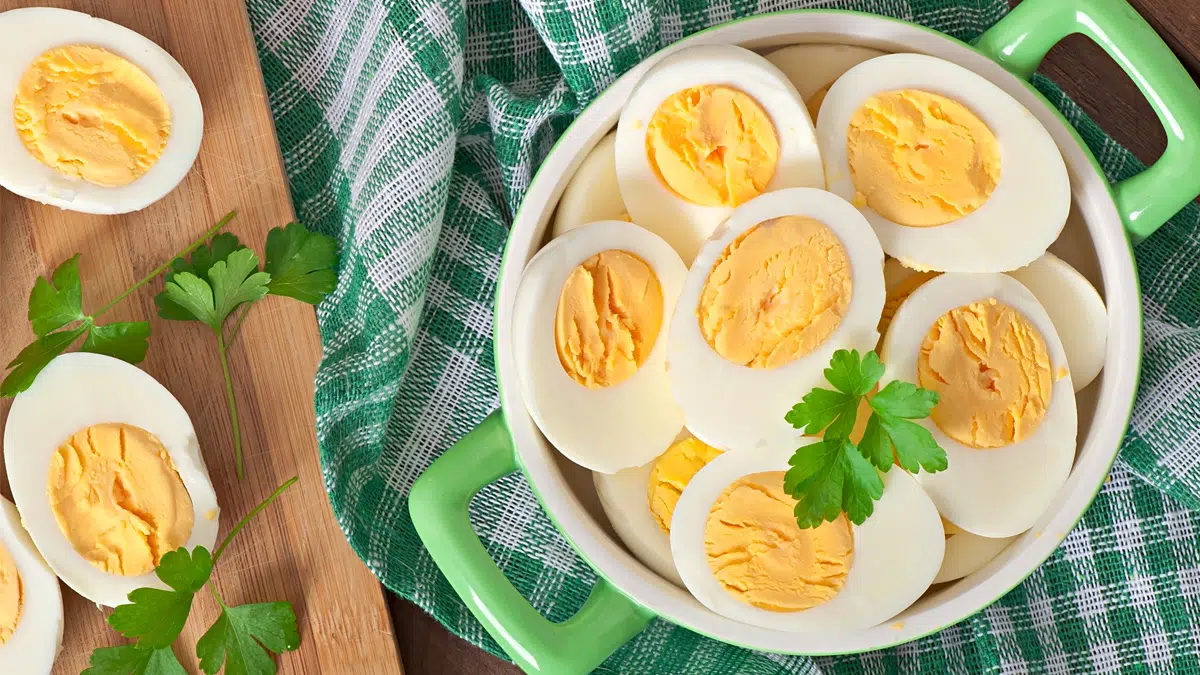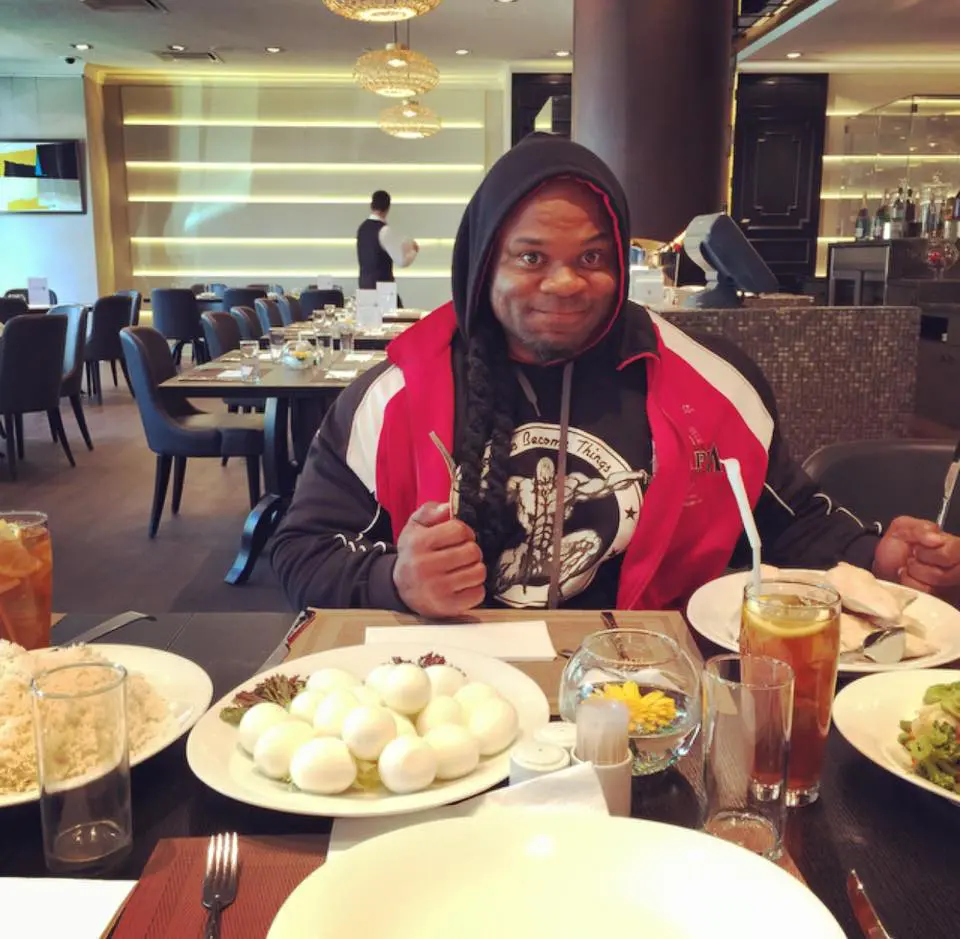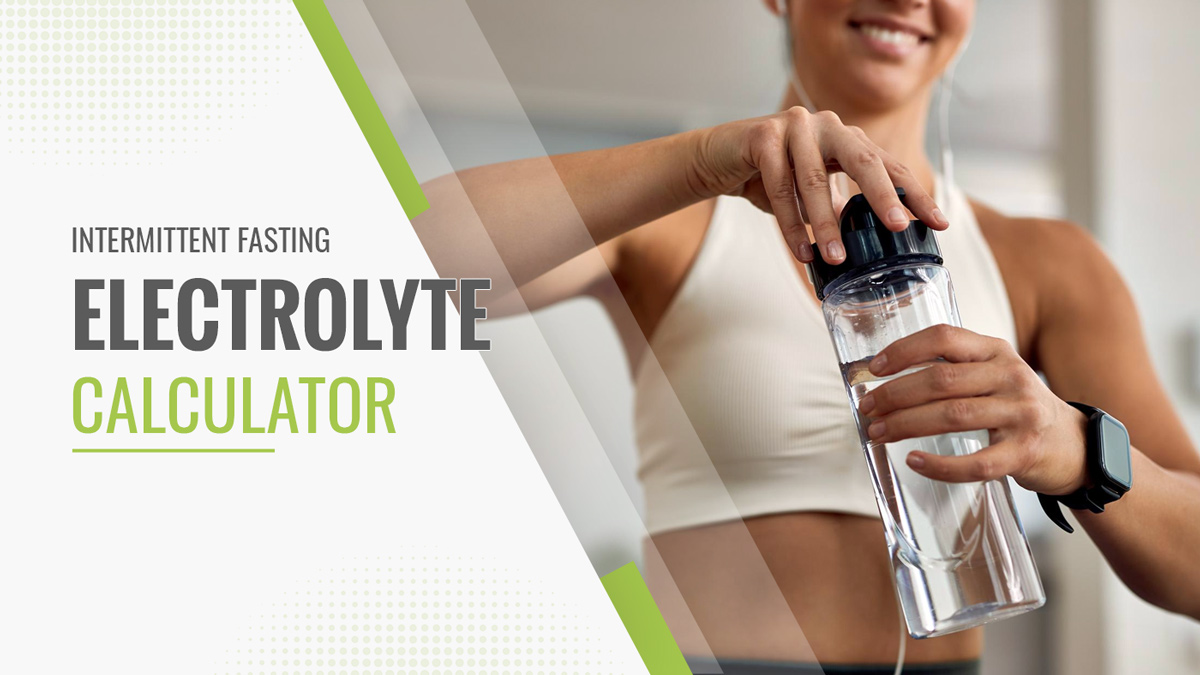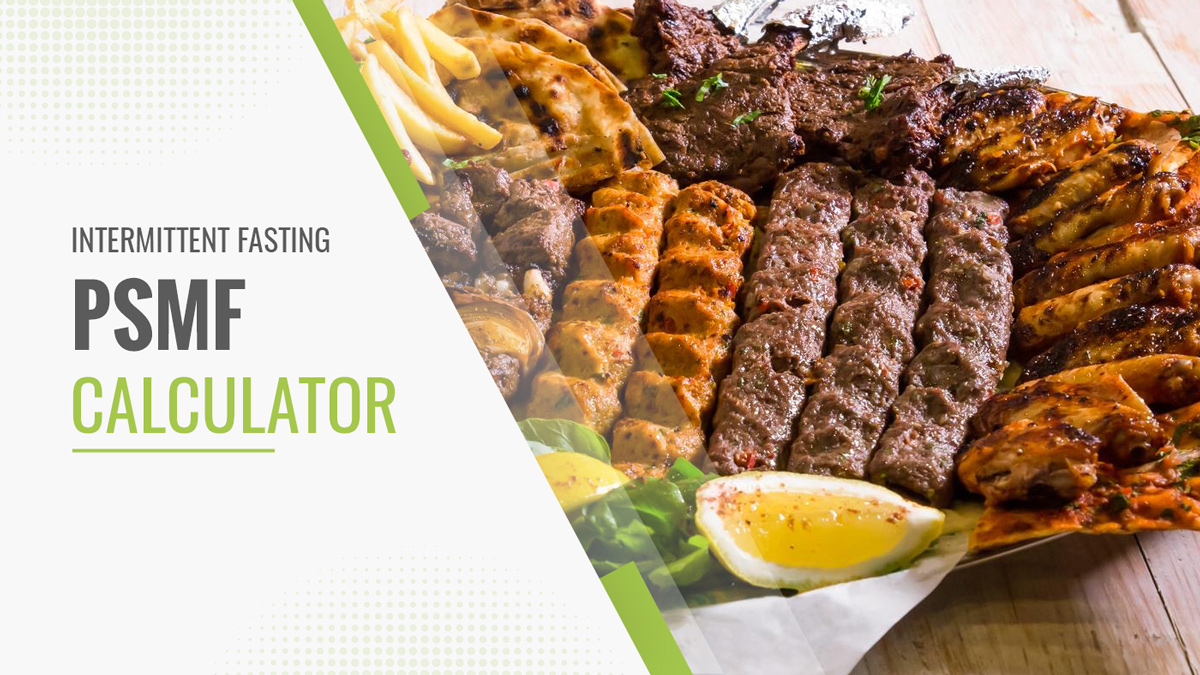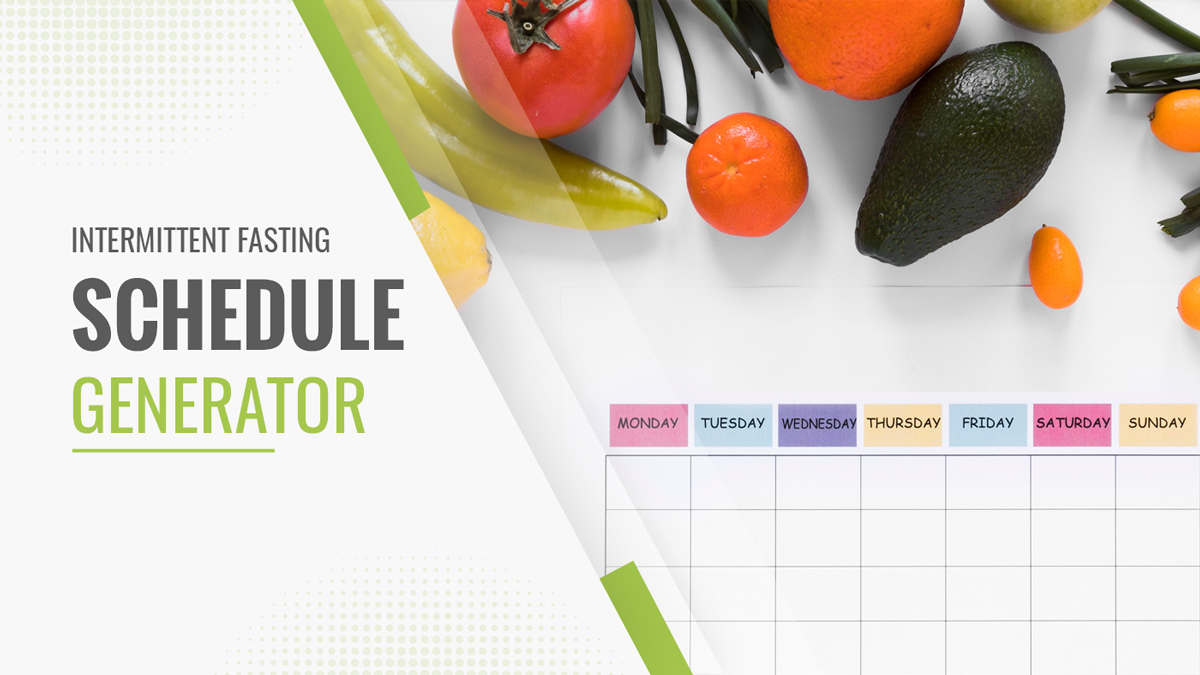It is no secret that fitness enthusiasts love eggs. Eggs are small, fast-digesting, delicious, and full of protein. I mean, why would anyone have a problem with eggs?
I don’t know how the boiled egg diet came to being, but this is how I imagine it happened – On a calm Saturday evening, a bunch of homies were Netflix and chilling, talking about the gym while gulping down some boiled eggs. Suddenly, one of the lads has an idea: what would happen if they only ate eggs for 14 days. With this, the 14-day boiled egg diet was born.
No, it wasn’t. Forget I said any of this.
Introducing The 14-Day Boiled Egg Diet
According to the U.S. Department of Agriculture (USDA), one large boiled egg offers 71 calories, 6 grams of protein, 5 g of fat, 0.4 g of carbohydrates, and 0 g of fiber. Other than this, eggs are a complete protein (contain all essential amino acids) and offer a healthy dose of micronutrients like vitamin D and choline (regulates memory and mood).
For a food item of its size, these figures are pretty rad.
The boiled egg diet is a low-carb and low-fat diet. Think of it as a weight-loss crash course. While following the diet, you eat a minimum of two to three eggs every day.
Basics of the 14-day Boiled Egg Diet
- As the name suggests, you’ll primarily be eating boiled eggs while following the routine. You can’t substitute boiled eggs with scrambled or sunny-side ups.
- You will be eating three times a day on this diet plan. There is no room for snacks on the boiled egg diet.
- Although it is called an egg diet, you don’t have to incorporate eggs into every meal.
- The egg diet permits consuming other sources of protein like chicken, fish, and dairy.
- You’ll be eating a lot of fruit and veggies on this diet.
Also Read: Our List Of 40 Great Protein-Packed Foods
What To Eat On The Boiled Egg Diet
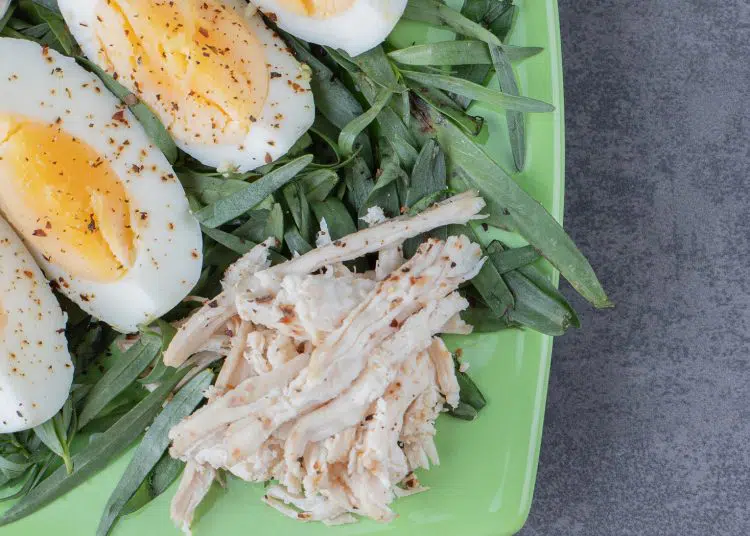
Protein-rich foods will be your primary source of calories on the boiled egg diet. You need to eat at least one high-protein food in every meal. You can choose from the following:
- Eggs
- Fish
- Skinless poultry
- Lamb
- Pork
- Low-carb fruits: tomatoes, oranges, lemons, limes, strawberries, watermelon, peaches, cantaloupe, and grapefruit
- Non-starchy vegetables: leafy greens like kale, collard greens, spinach, and mustard greens, zucchini, and bell pepper
- Butter
- Coconut oil
- Mayonnaise
- Water
What Not To Eat On The Boiled Egg Diet
Anything and everything that is not on the list above, you can’t eat. Oh, and also, no cheat meals. If you can’t compromise on a cheat meal on a 14-day diet program, you have problems that a diet plan won’t fix.
Here are foods to avoid on the boiled egg diet:
- Processed food: bacon, convenience meals, fast food, chips, pretzels, cookies, and sweets
- Alcohol
- High carb fruits: bananas, pineapples, mangoes, and dried fruit
- Starchy vegetables: potatoes, sweet potatoes, legumes, corn, and peas
- Grains: bread, pasta, quinoa, couscous, farro, buckwheat, and barley
- Sugar-sweetened beverage: soda, juice, sweet tea, and sports drinks
Benefits of the Boiled Egg Diet
1. It is a Low-Calorie Diet
The boiled egg diet consists of eating low-calorie ingredients like eggs, non-starchy vegetables, and low-carb fruit. Following such a low-calorie diet will put you in a calorie-deficit state that will help you lose weight faster.
A review of 12 studies concluded that a short-term, low-carb diet can significantly enhance weight loss and reduce the risk of critical heart diseases issues.
2. Includes Nutrient-Dense Whole Foods
On this diet, you will only be eating healthy foods that are rich in vitamins, minerals, and antioxidants. Apart from this, many people co-relate the benefits of eating eggs and following the boiled egg diet. Some of the health benefits of eating eggs include:
- Nutrition Dense – Apart from its impressive macro content, a single large boiled egg contains a healthy dose of vitamin A, B5, B12, B2, D, E, K, B6, folate, selenium, and zinc.
- High in Cholesterol – Before you freak out, all cholesterol is not bad. A single egg contains 212mg of cholesterol which is over half of the recommended daily intake of 300mg. Research has shown that eating eggs can also raise good cholesterol (HDL) levels in your body.
- Reduces Bad Cholesterol (LDL) Levels – Studies have shown that egg consumption can spike LDL levels, but they turn the small, dense LDL particles into large LDL particles – an improvement.
- Contain Lutein and Zeaxanthin – Antioxidants with eye health benefits.
- Omega-3 or Pastured Eggs Lower Triglycerides – Triglycerides are a well-documented risk factor for health disease.
- Eggs Are Filling – High-protein food can be very satiating. They cause a feeling of fullness and reduce the chances of overeating.
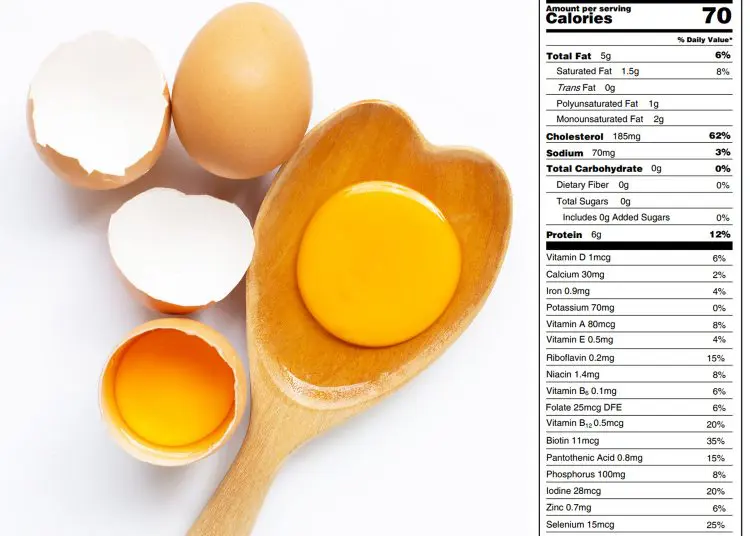
Related: Eggcellent Nutrition Tips: Healthiest Ways To Eat Eggs
3. Limits Unhealthy Ingredient Consumption
Since the boiled egg diet has a selective list of food items you can choose from, it limits consumption of unhealthy ingredients like sugar-sweetened beverages and processed foods.
Research shows that besides being high in carbs, calories, and added sugar, sugar-sweetened beverages can contribute to health problems like high blood pressure, inflammation, and insulin resistance.
On top of this, research has revealed that processed foods can cause a higher risk of obesity, heart disease, and cancer.
4. Stronger Hair and Nails
Advocates of the 14-day boiled egg diet claim that the plan can result in stronger hair, nails, bones, and improved vision, skin, brain health, and immune system because of the variety of macro and micronutrients involved.
The boiled egg diet is gaining a cult following because of celebrity and “influencer” backing. According to Vogue Italia, Nicole Kidman ate only hard-boiled eggs before starring in Cold Mountain.
The Daily Mail reported that Charles Saatchi (ex-husband of chef Nigella Lawson) also followed the boiled egg diet.
This diet is fast becoming a favorite of people who want to shed a few pounds quickly.
The 14-Day Boiled Egg Diet
Without any further ado, let’s get to the 14-day boiled egg diet.
Week 1
Day 1
Breakfast: Two eggs, spinach, orange
Lunch: Grilled salmon on salad
Dinner: Grilled pork chop with broccoli
Day 2
Breakfast: Two eggs, tomatoes, cantaloupe
Lunch: Grilled chicken on salad
Dinner: Ahi tuna with kale
Day 3
Breakfast: Two eggs, orange
Lunch: Pork on a salad
Dinner: Baked salmon with mushrooms
Day 4
Breakfast: Two eggs, asparagus, strawberries
Lunch: Egg salad on lettuce
Dinner: Grilled chicken with cauliflower
DAY 5
Breakfast: Two eggs, a slice of ham, strawberries
Lunch: Baked cod with asparagus
Dinner: Grilled chicken skewers with bell peppers and onions
DAY 6
Breakfast: Two eggs, cantaloupe
Lunch: Egg salad on lettuce
Dinner: Mahi-mahi with green beans
Day 7
Breakfast: Two eggs, watermelon
Lunch: Grilled salmon on salad
Dinner: Pork chop with bok choy
Week 2
Day 8
Breakfast: Two eggs, cantaloupe
Lunch: Chicken and vegetable salad
Dinner: Two boiled eggs, orange, vegetable salad
Day 9
Breakfast: Two eggs, orange
Lunch: Grilled chicken and asparagus
Dinner: Fish and vegetable salad
Day 10
Breakfast: Two eggs, spinach, strawberries
Lunch: Boiled chicken and salad
Dinner: One egg, orange, and vegetable salad
Day 11
Breakfast: Two eggs and watermelon
Lunch: Steamed veggies and grilled chicken
Dinner: Salmon and vegetable salad
Day 12
Breakfast: Two eggs and orange
Lunch: Tuna and vegetable salad
Dinner: Grilled chicken, bell peppers, and onions
Day 13
Breakfast: Two eggs, spinach, and watermelon
Lunch: Baked cod with asparagus
Dinner: Pork chop with bok choy
Day 14
Breakfast: Two eggs, tomatoes, cantaloupe
Lunch: Grilled chicken and steamed veggies
Dinner: Tuna with kale
Drawbacks of the Boiled Egg Diet

The drawbacks of the boiled egg diet are more health risks than drawbacks.
1. Lack of Fiber
Since the boiled egg diet is low-calorie and restricts most high-fiber foods like whole grains and beans, you might not meet your daily fiber intake goal. As per a study, men below the age of 50 should consume at least 38 grams of fiber, and women should eat a minimum of 25 grams of fiber daily.
You might run the risk of constipation if your daily fiber consumption falls below these levels. Just so you know, the mighty eggs contain zero grams of fiber.
Related Read: The Top High-Fiber Foods You Should Eat Everyday
2. Lack of Research
One of the biggest problems with the boiled egg diet is that there isn’t enough scientific data to prove its effectiveness and the claimed weight loss results. And, no boiled egg diet loyalist can tell you why the diet plan favors boiled eggs over scrambled eggs.
3. Calcium Deficient
Since dairy is not included in the boiled egg diet, an individual following the plan will probably not meet his daily calcium goal. While an adult needs 1,000 to 1,300 milligrams of calcium every day, one large egg contains mere 24 milligrams of the micronutrient.
If you think you can make up for the calcium by eating veggies, think again. A cup of cooked greens or other non-starchy vegetables have under 100 milligrams of calcium per serving.
4. Low Energy Levels Throughout The Day
Since you’ll be running on close to zero carbs for 14-days, don’t be surprised if you feel tired and exhausted for the entire period. This diet might not be the right fit for individuals with physically taxing jobs or people who are following an intense training schedule.
Depriving your body of essential calories over a long period can cause health issues like decreased bone density, constipation, insomnia, weakened immune system, and menstrual disturbance for women.
5. Might Raise Cholesterol Levels
As established earlier in the article, eating a few eggs every day does not spike your cholesterol levels to dangerous levels. However, individuals with a high risk of heart disease should not eat more than one egg per day.
According to research, egg yolk should be avoided by individuals at risk of vascular diseases. The sad part about the 14-day boiled egg diet is that you don’t have an option to throw away the yolk and stick with the egg white. The macros of the diet plan will turn obsolete if you skip the egg yellow.
6. Not Sustainable
The boiled egg diet is pretty rigid when it comes to what you can and cannot eat. Since you only have a few options to choose from, eating the same things over and over again can get boring and redundant.
Although eggs are nutritious, the boiled egg diet does not have enough variety to be considered a sustainable way of eating. Follow the boiled egg diet for a little too long, and you’ll be missing out on fiber, calcium, and other essential nutrients.
Related: Best Essential Nutrients Elements to Help you Build Muscle
Conclusion
As you might have noticed, the drawbacks of the boiled egg diet plan far outweigh the benefits. So, we would assign the 14-day boiled egg diet the “fad” tag.
Physique transformations don’t happen in 14-days, and even if you manage to make considerable progress in two weeks, you will be back to square one as soon as you switch back to your normal diet routine.
There is no sunny side up for the boiled egg diet. We would rather recommend sticking with a balanced diet that you can follow for the long term.
Tip: If you're signed in to Google, tap Follow.


